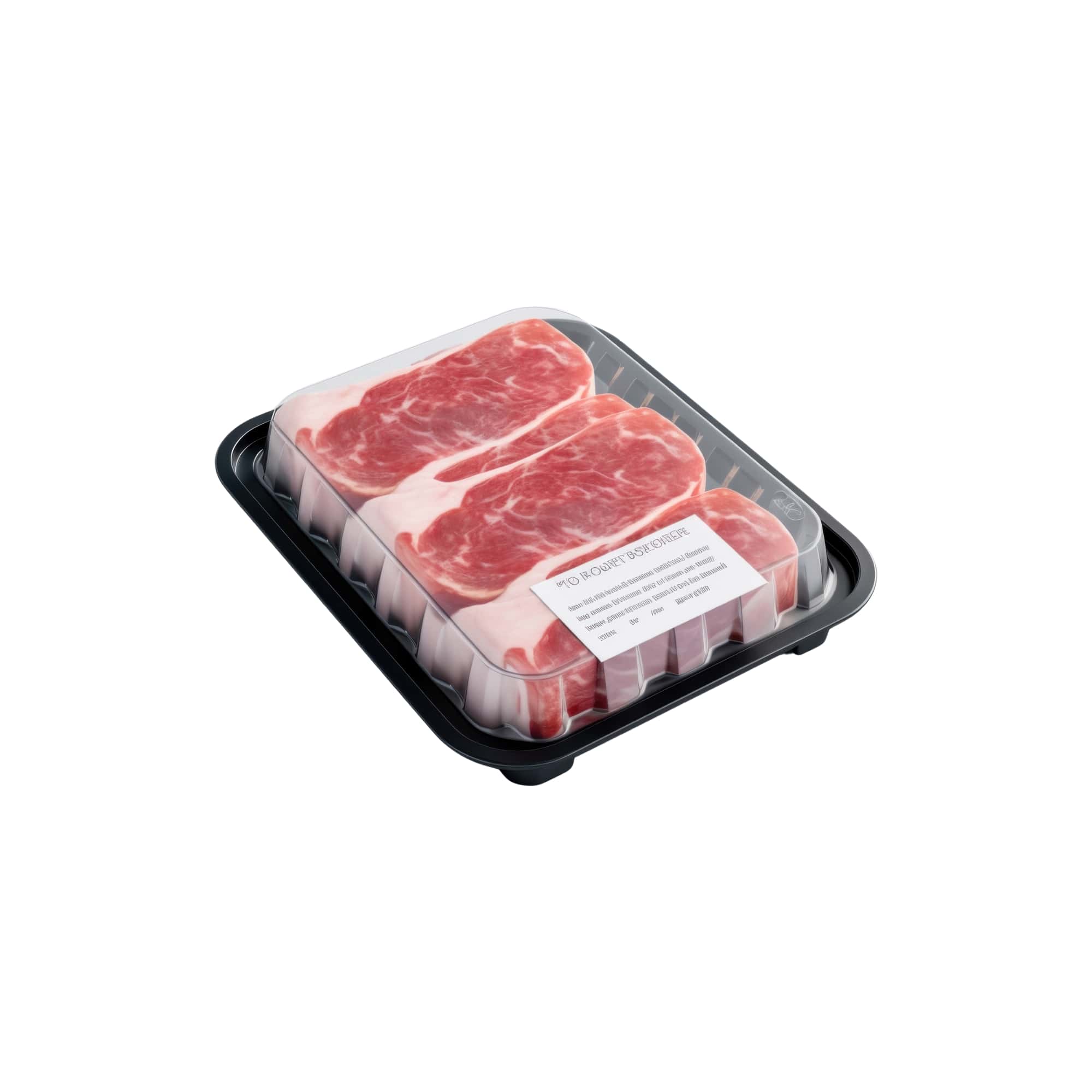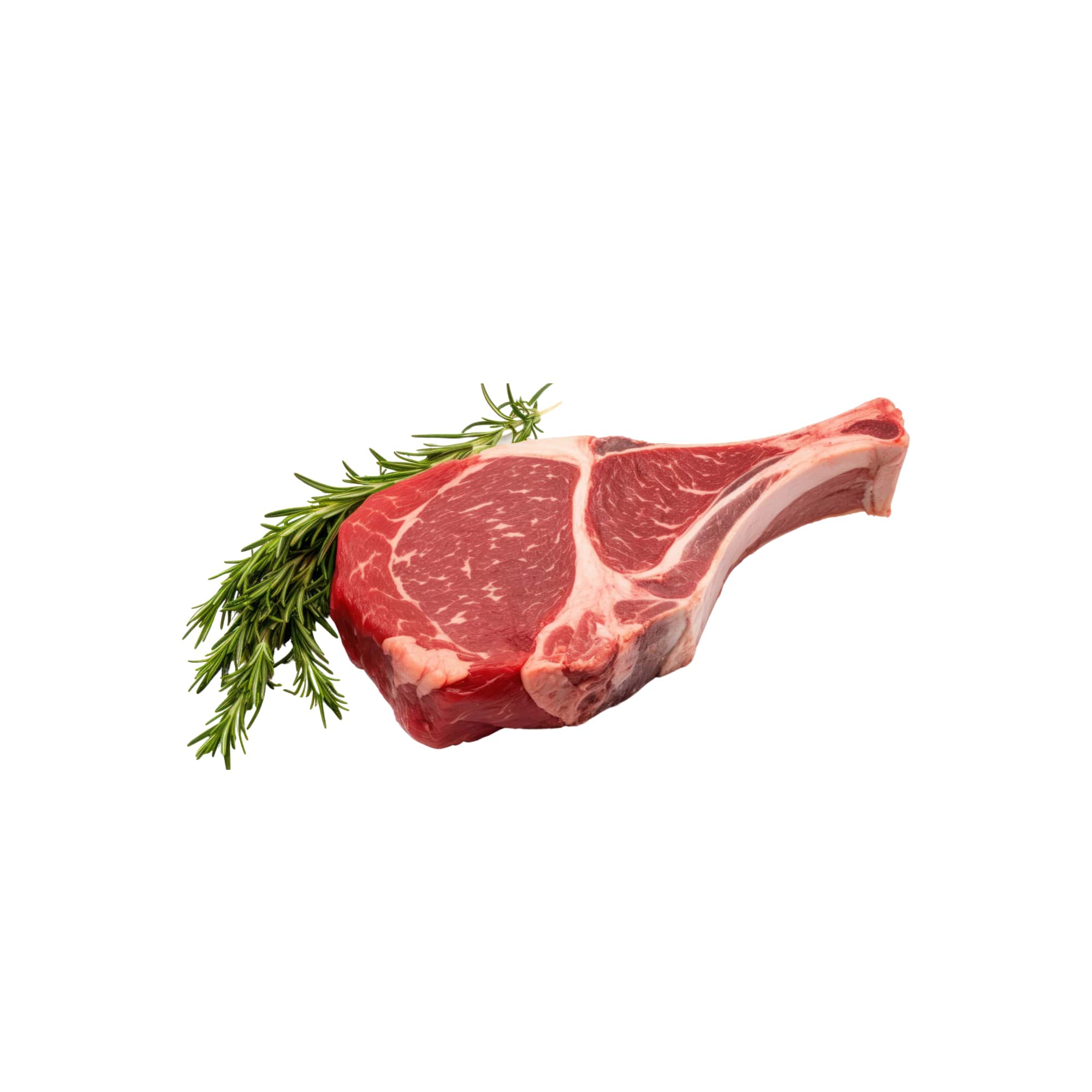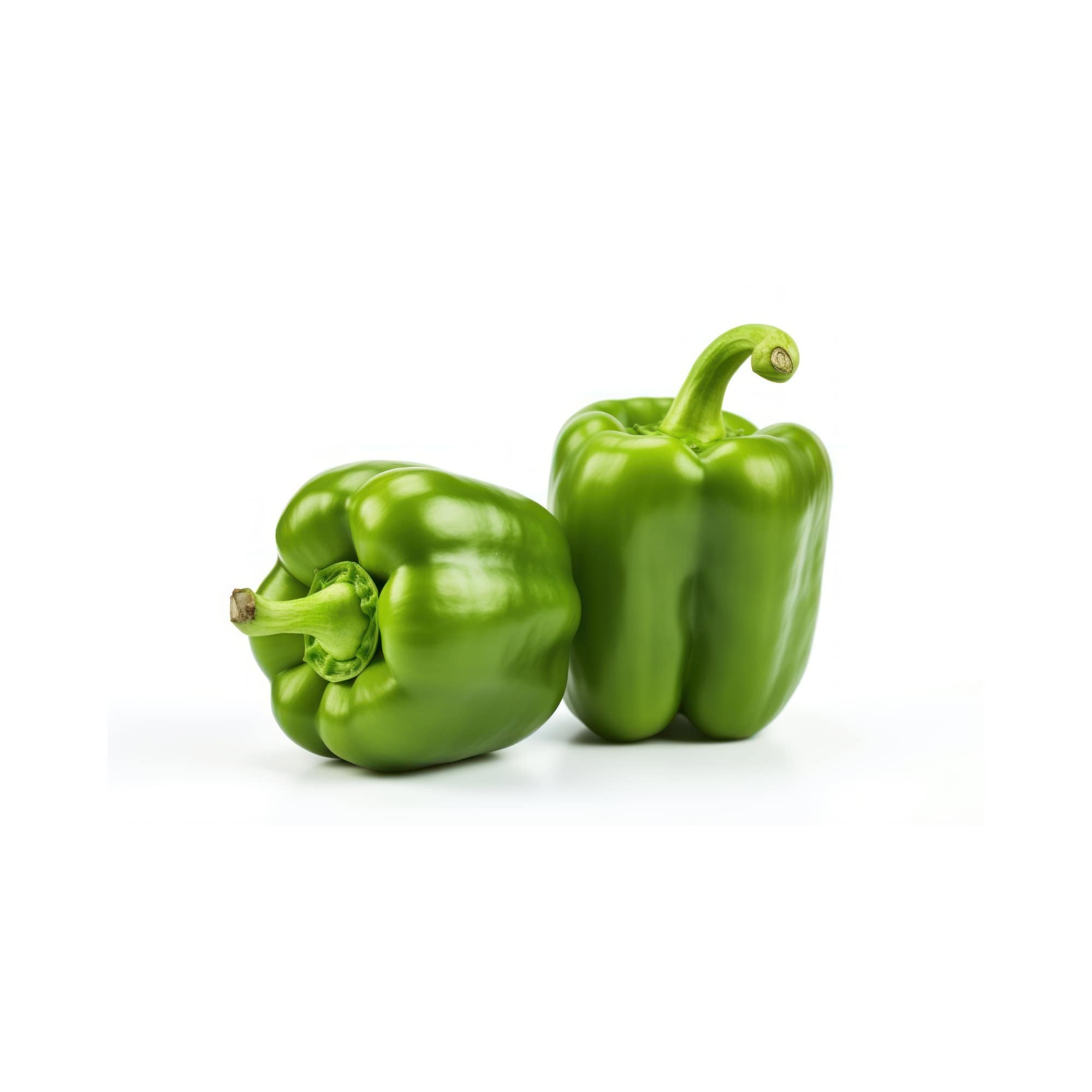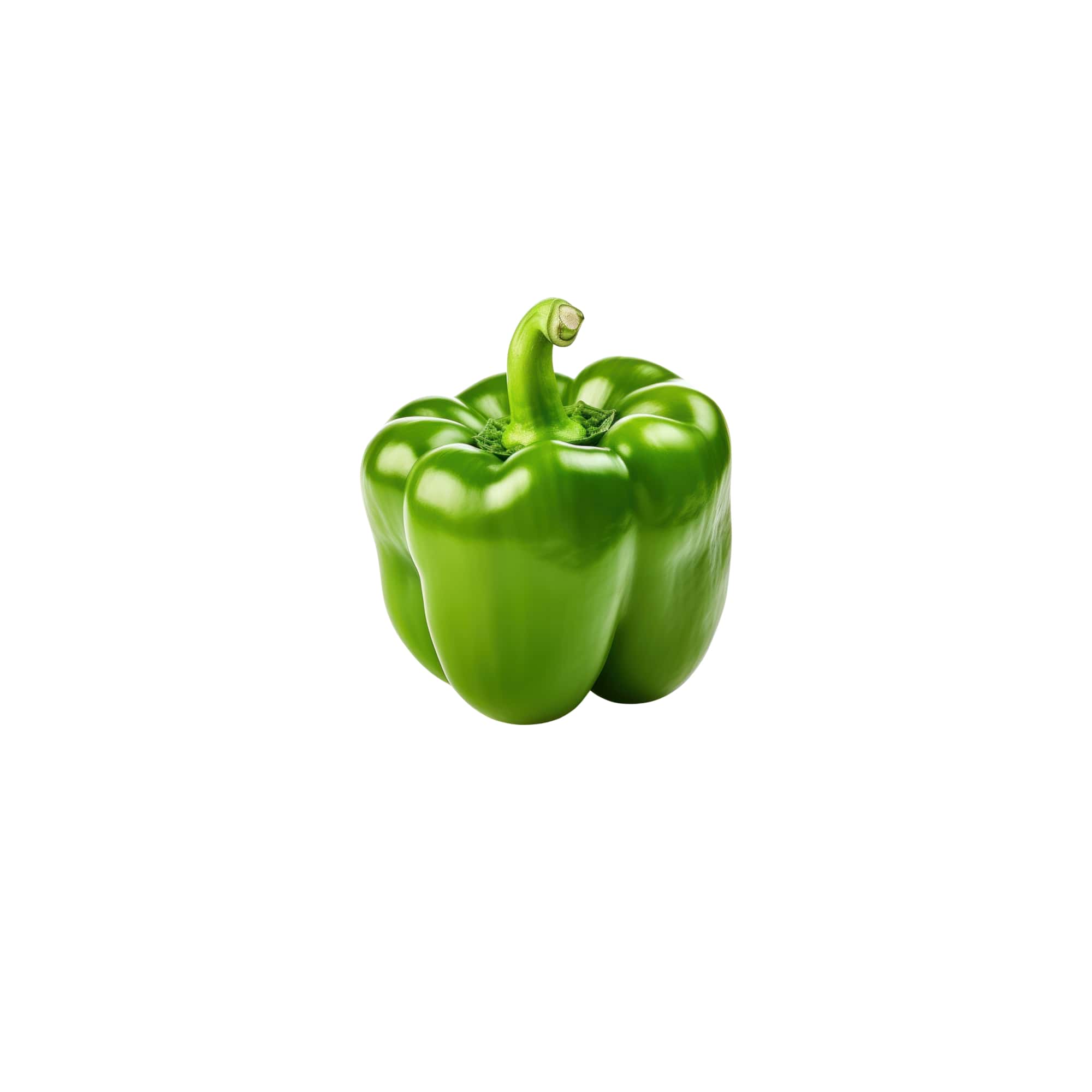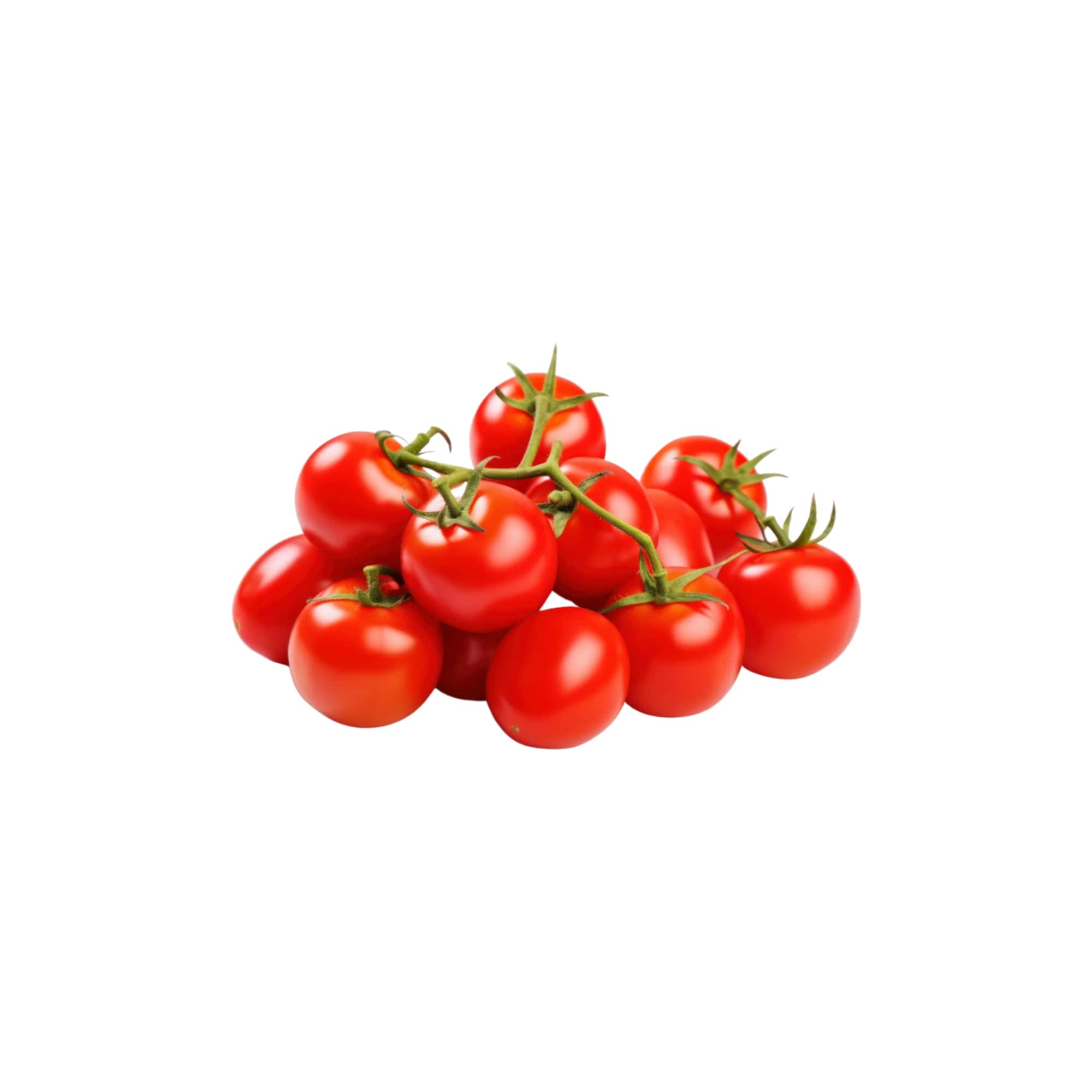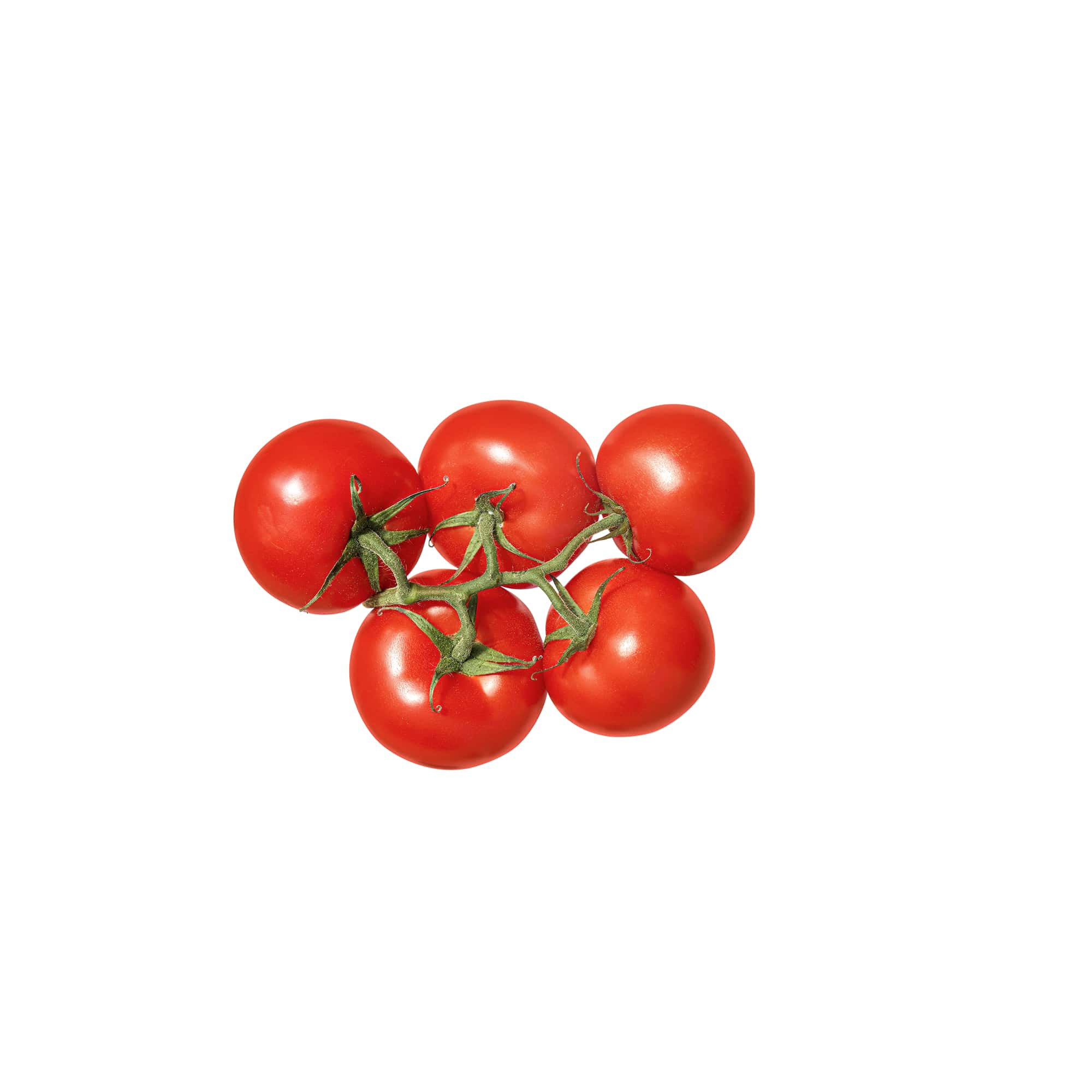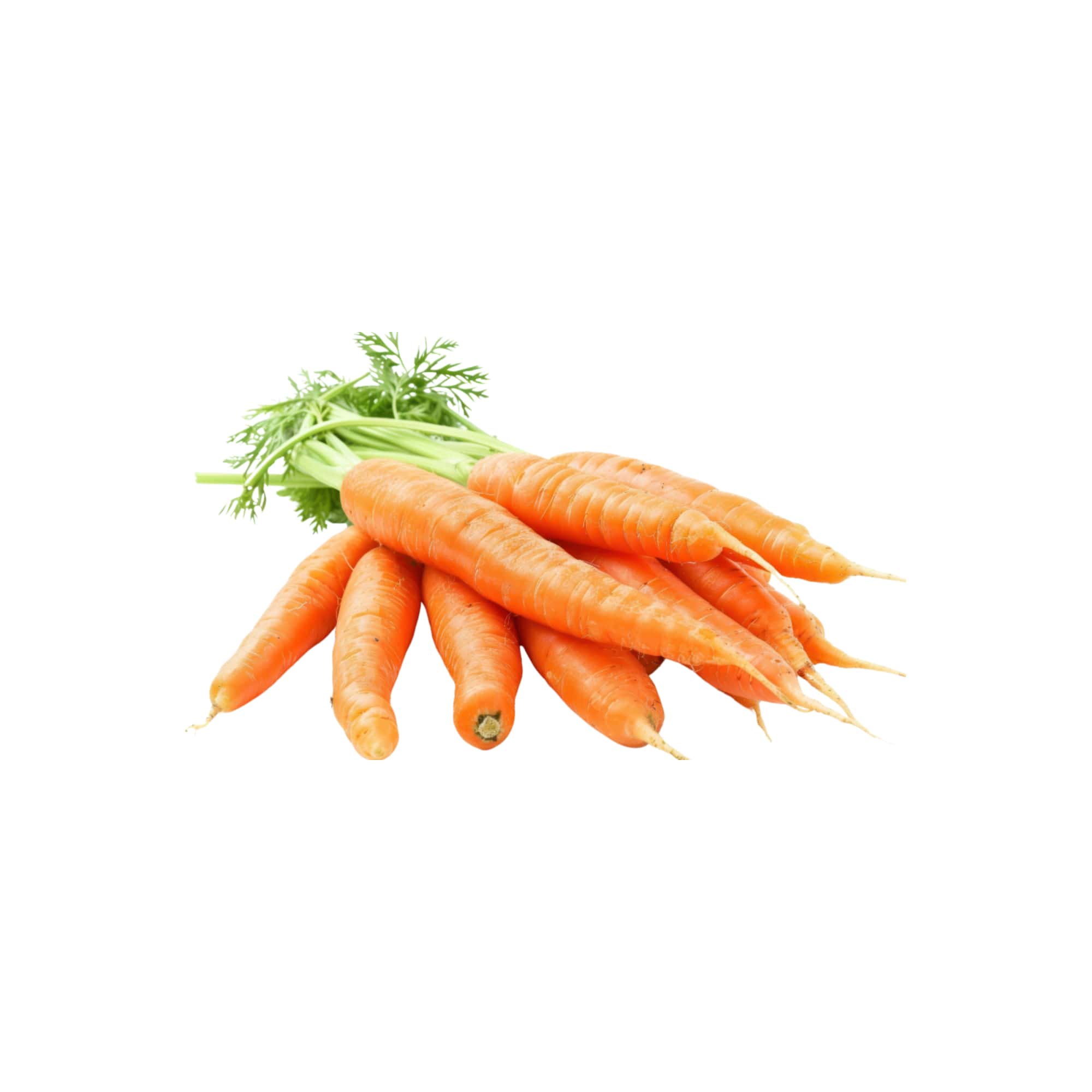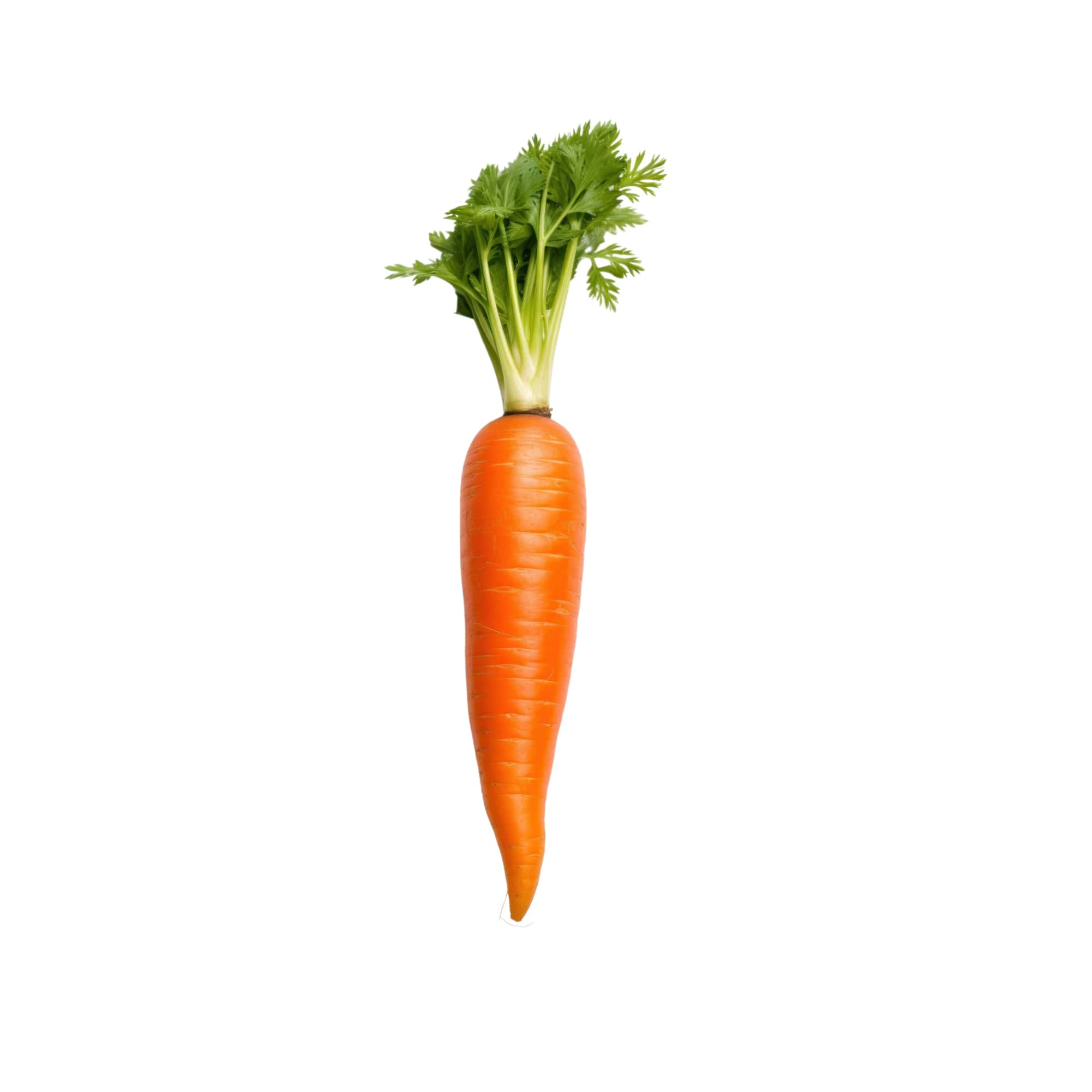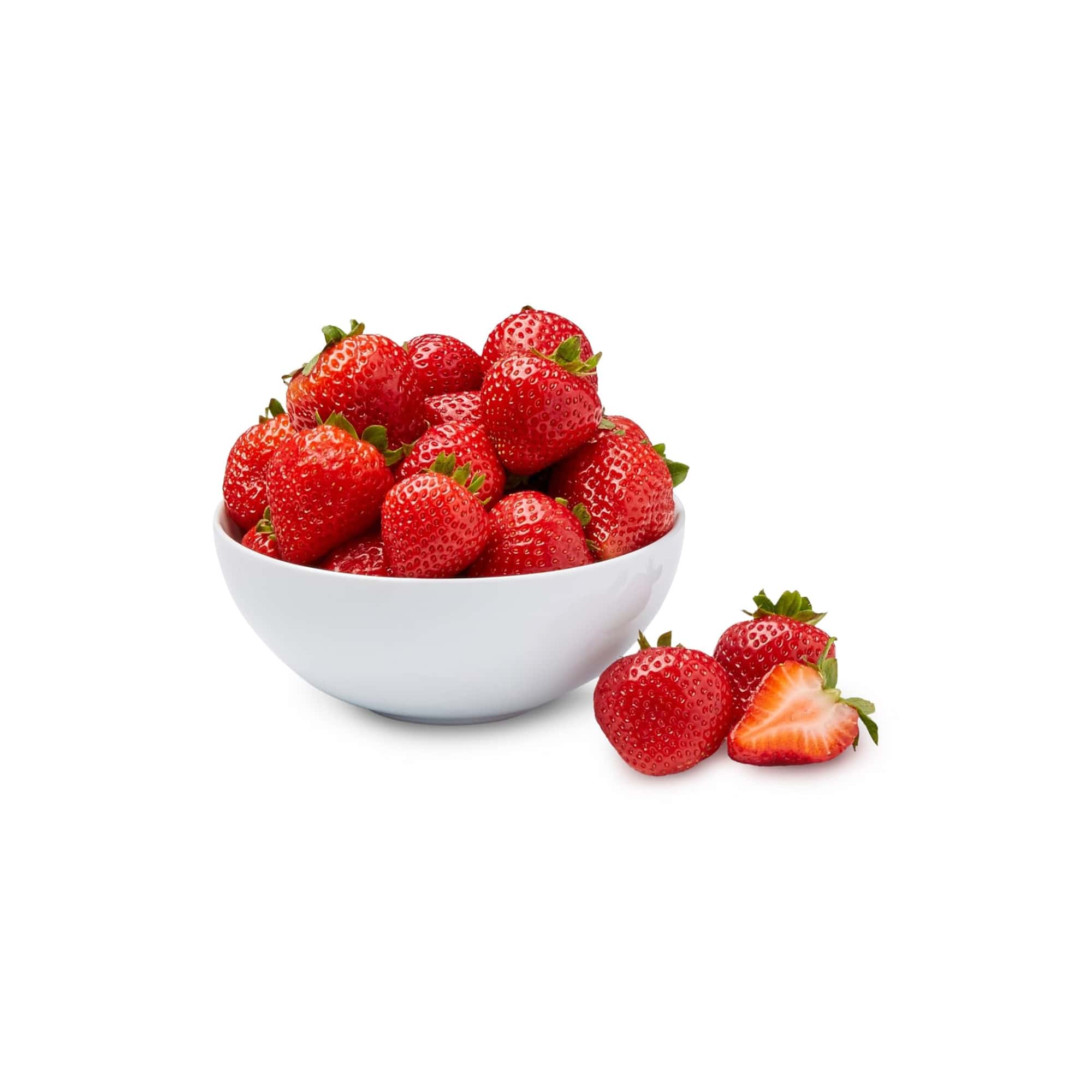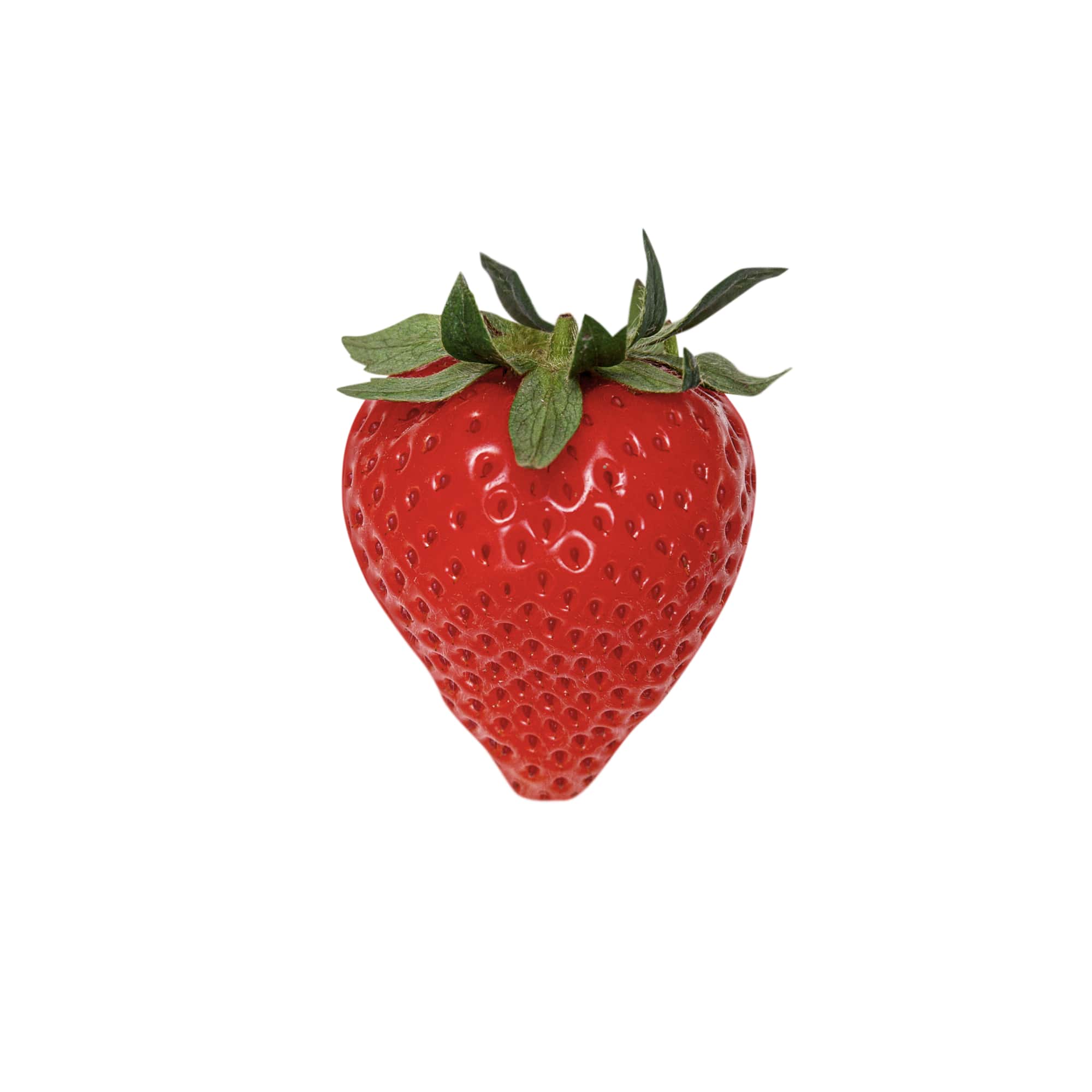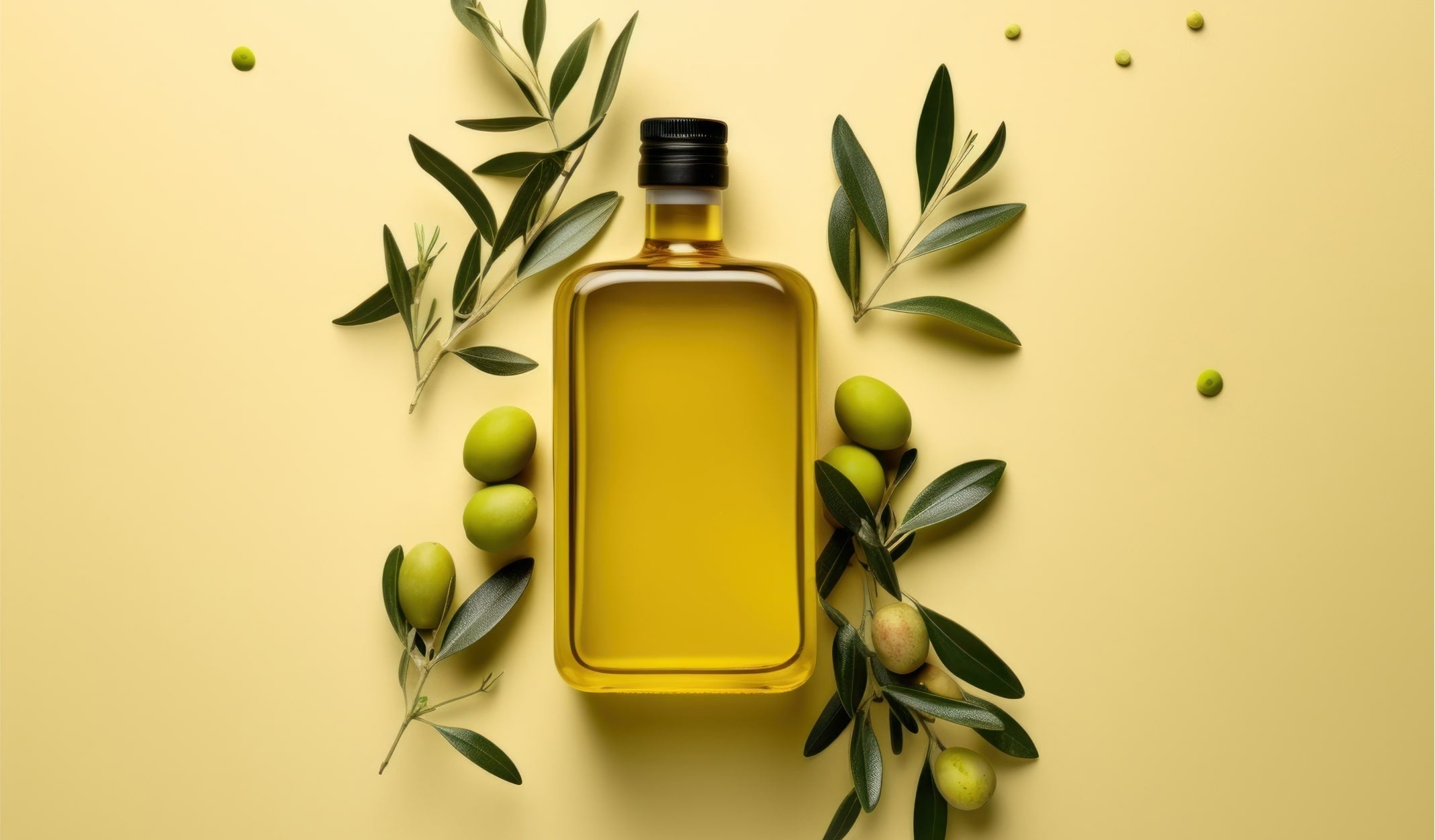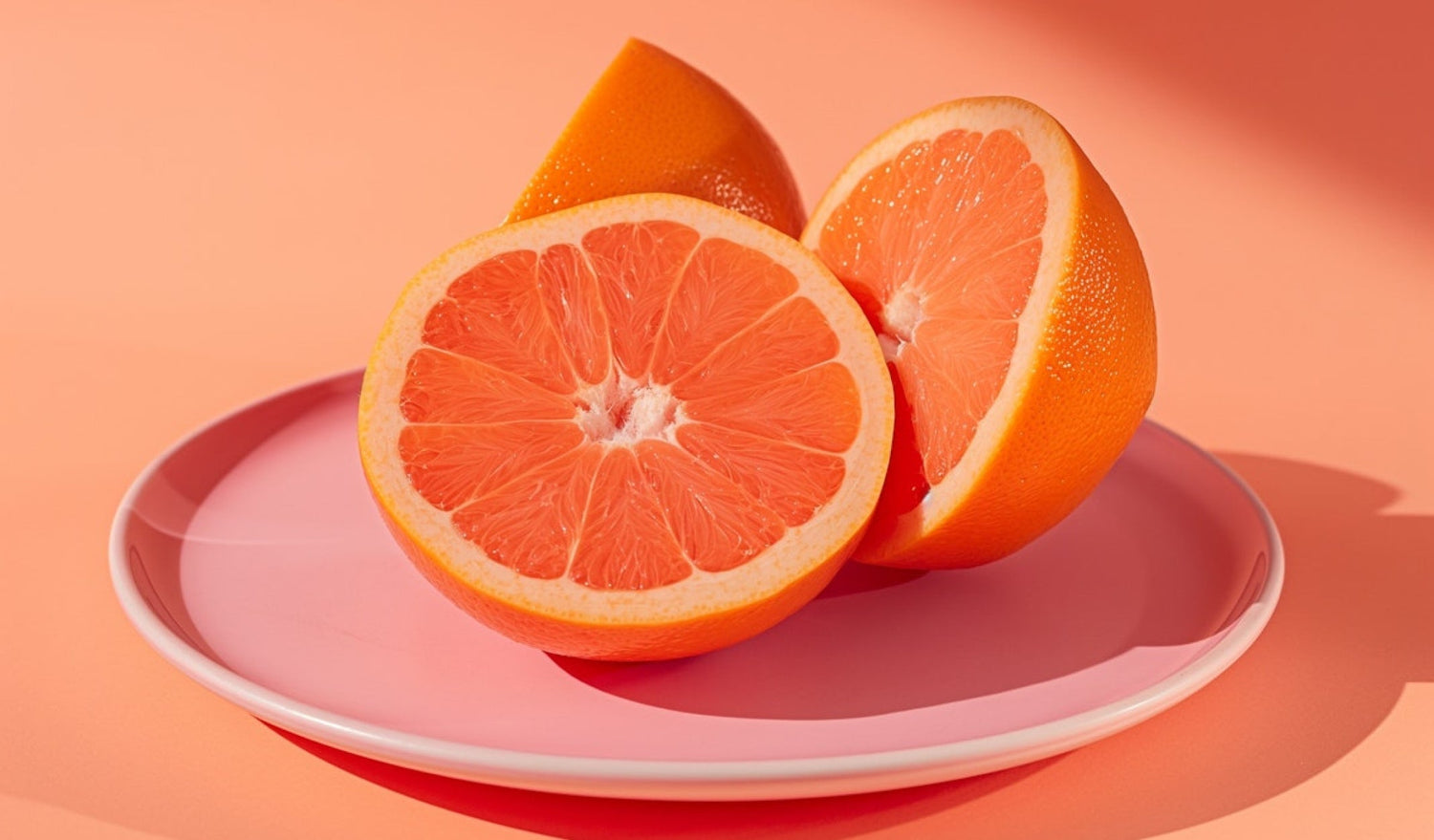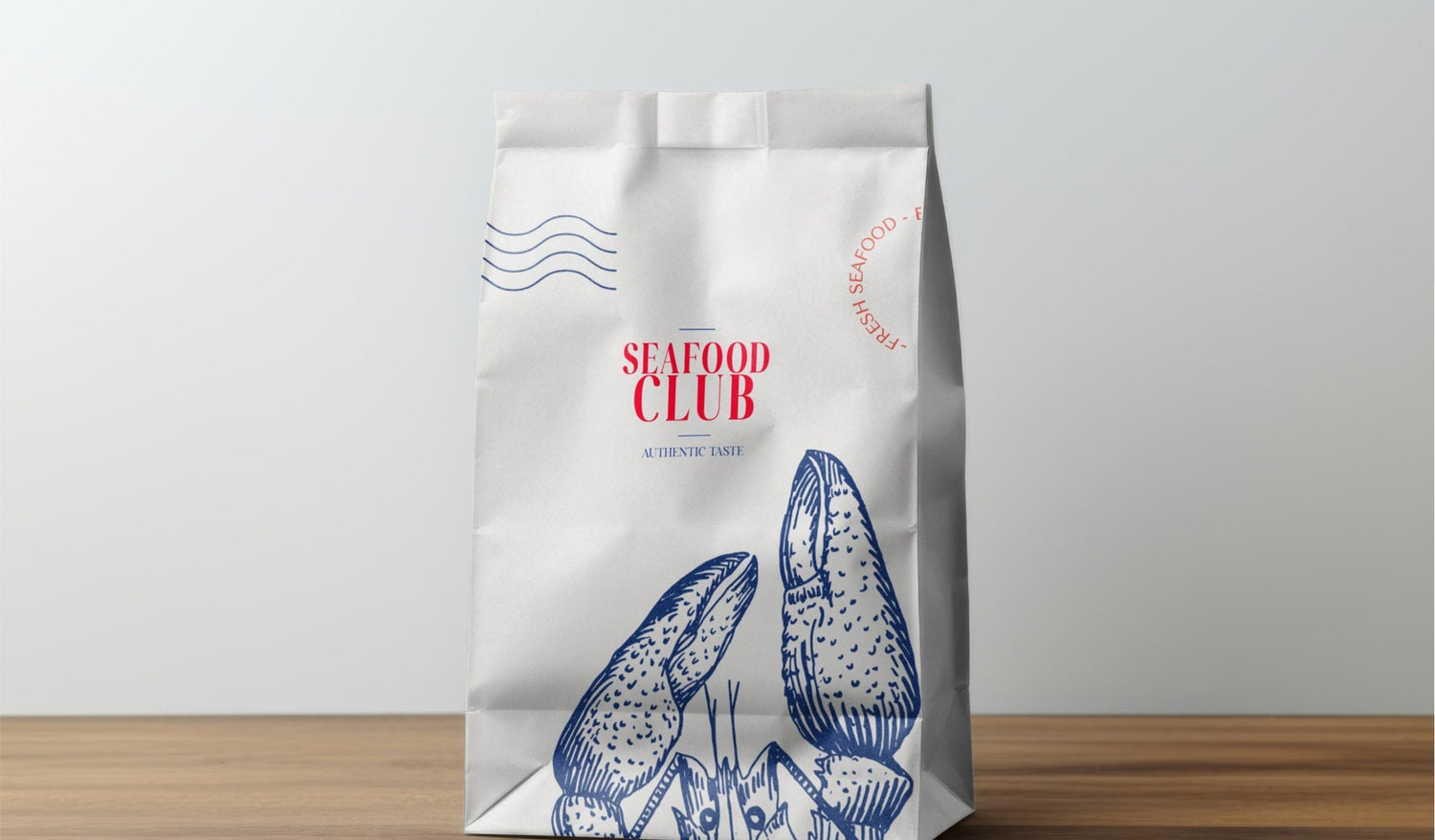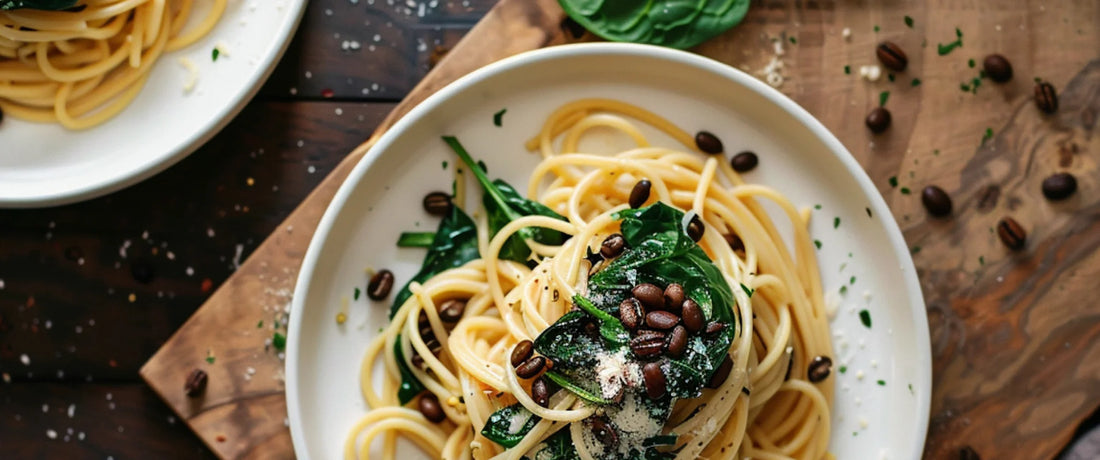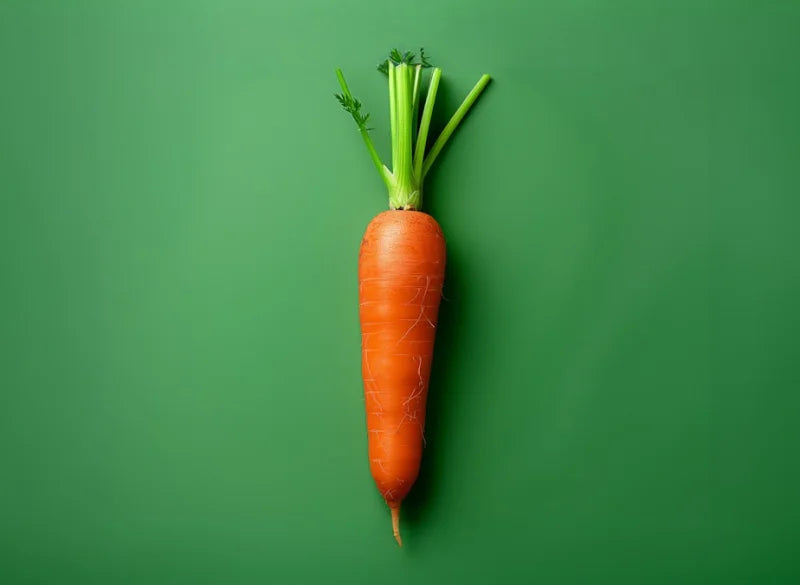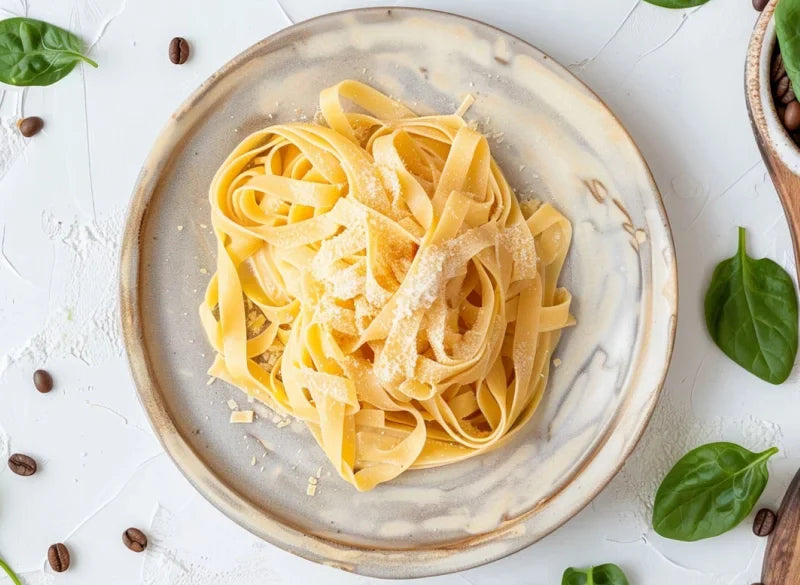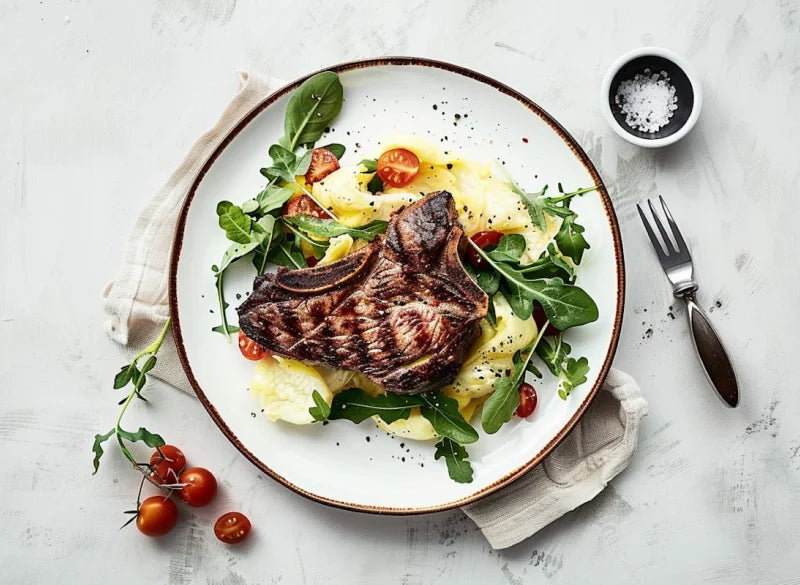1. The Rich History and Cultural Significance of Olive Oil
Olive oil is one of the oldest culinary treasures known to humanity, dating back over 5,000 years. It was revered by ancient Mediterranean civilizations such as the Greeks, Romans, and Egyptians—not just as a cooking ingredient, but as a symbol of peace, prosperity, and health. The process of extracting olive oil has been perfected through generations, with traditional cold-pressing methods still used today to ensure purity and retain delicate flavors. Beyond the kitchen, olive oil was historically used in skin care, religious ceremonies, and even as fuel for lamps, reflecting its immense value. Today, calling olive oil "liquid gold" is both a tribute to its rich heritage and its prized status in modern cuisine.
2. Understanding the Different Grades and Types of Olive Oil
When shopping for olive oil, it’s essential to understand the various types to choose the best one for your needs. Extra Virgin Olive Oil (EVOO) is considered the highest quality, made by cold-pressing olives without chemical treatment, preserving natural antioxidants and a robust flavor profile. Virgin Olive Oil is similar but slightly lower in acidity, while Pure or Light Olive Oil is often refined and blended, suitable mainly for cooking at higher temperatures but with less nutritional benefit. Knowing these distinctions allows you to use olive oil effectively, whether for drizzling over fresh salads, sautéing vegetables, or baking.
3. Health Benefits That Make Olive Oil a Superfood
Olive oil is more than just a flavorful fat; it’s packed with compounds that support good health. Rich in monounsaturated fats, especially oleic acid, it helps reduce LDL (bad) cholesterol and increase HDL (good) cholesterol, promoting cardiovascular health. The polyphenols in olive oil provide powerful antioxidant and anti-inflammatory properties, potentially lowering risks of chronic diseases such as cancer, diabetes, and Alzheimer’s. Numerous studies link regular olive oil consumption with improved heart function, better blood sugar regulation, and enhanced brain performance, making it a staple of the renowned Mediterranean diet.
4. Culinary Uses: How to Maximize Flavor and Nutrition
The culinary versatility of olive oil is unmatched. Its fruity and sometimes peppery notes can elevate simple dishes, from drizzling over freshly baked bread to finishing roasted vegetables. For salads and dips, extra virgin olive oil shines, adding depth without overpowering other ingredients. While it is safe for low to medium-heat cooking, avoid using extra virgin olive oil for deep frying to preserve its delicate nutrients and flavor. Instead, opt for pure or light olive oil if frying is necessary. Experimenting with different olive oil varieties from various regions can also add exciting layers to your dishes.
5. Proper Storage Tips to Preserve Quality
Olive oil is sensitive to light, heat, and air, which can degrade its flavor and nutritional value over time. To maintain freshness, store olive oil in a dark glass bottle or stainless steel container in a cool, dark cupboard away from heat sources like stoves or windows. Avoid buying large quantities unless you use it frequently, as exposure to oxygen starts the oxidation process as soon as the bottle is opened. Ideally, use olive oil within 3 to 6 months of opening to enjoy its peak flavor and health benefits. Regularly checking for rancid odors or off-tastes can help you avoid using spoiled oil.


